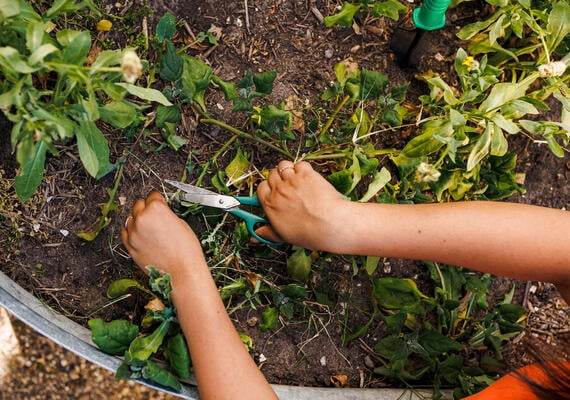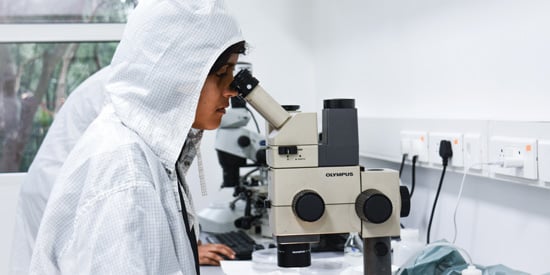
Scientists sow sustainable agriculture solutions
Our has discovered how to unlock the powerful potential of microbes in agriculture and bioremediation. We've launched a ground-breaking process that uses micro-organisms to both extract contaminants from polluted soil and transform these contaminants into organic 'super' seeds for farming.

